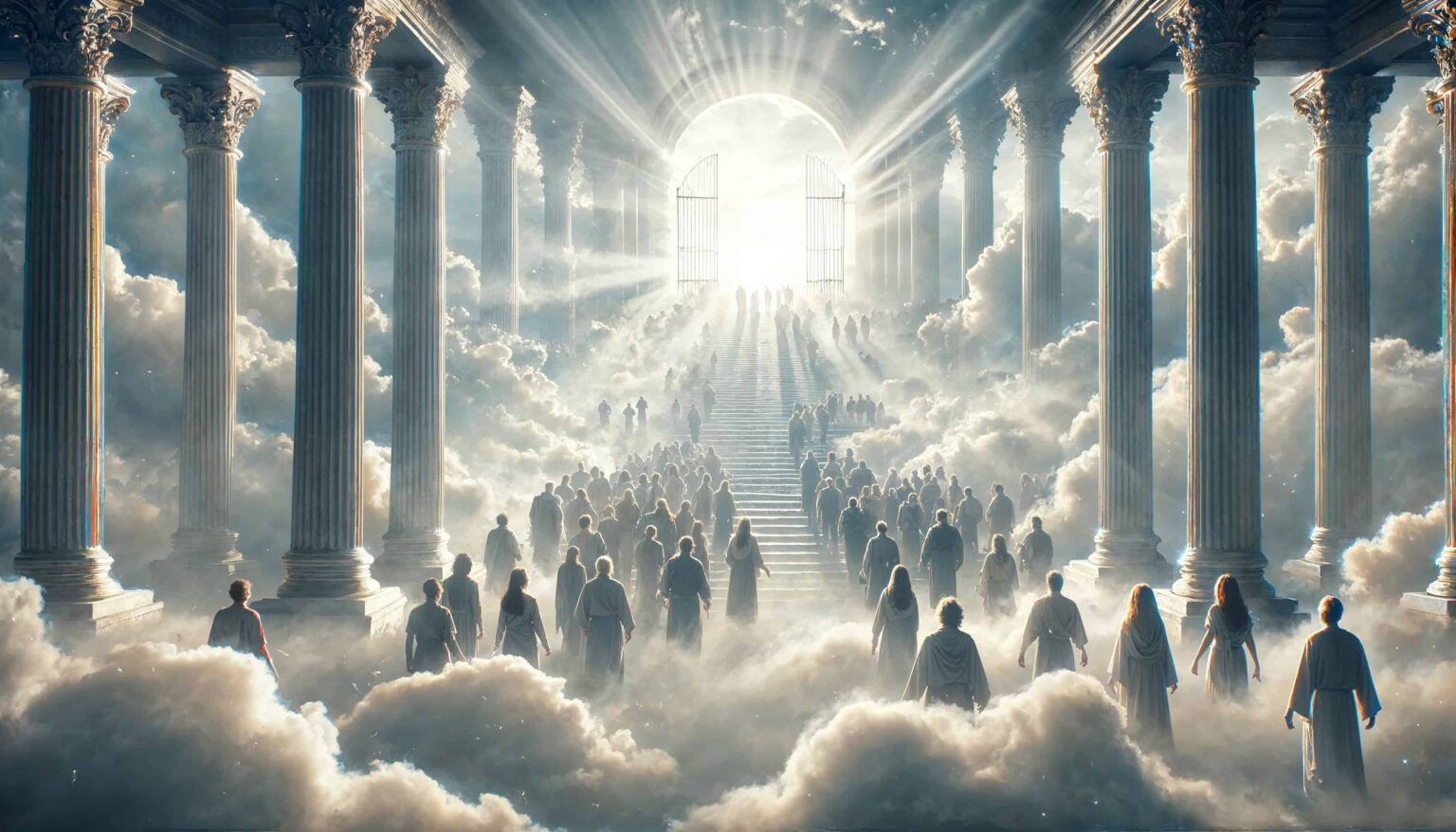
Roll Back the Stone
Roll back the stone, Lord.Clear the dirt from upon my grave.Open my tomb and breathe new life into me.I lie lifeless on my back, the[…]
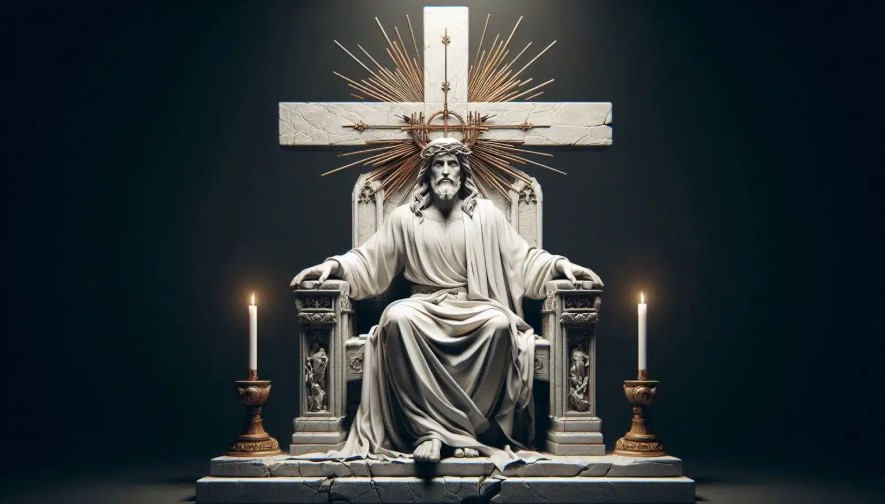
Wandering Away
Watching from your throne, how can you let this go on, Lord? We’ve taken your word and trivialized it. We’ve taken your church and put[…]

His Call Found Me
My whole life has been a journey toward the Lord, even when I least realized it. When I was completely off His path, He corrected[…]

Shaped by Your Hands
At the edge of the hill is a quiet place where I like to sit and watch the creek waters run. This place is secluded[…]
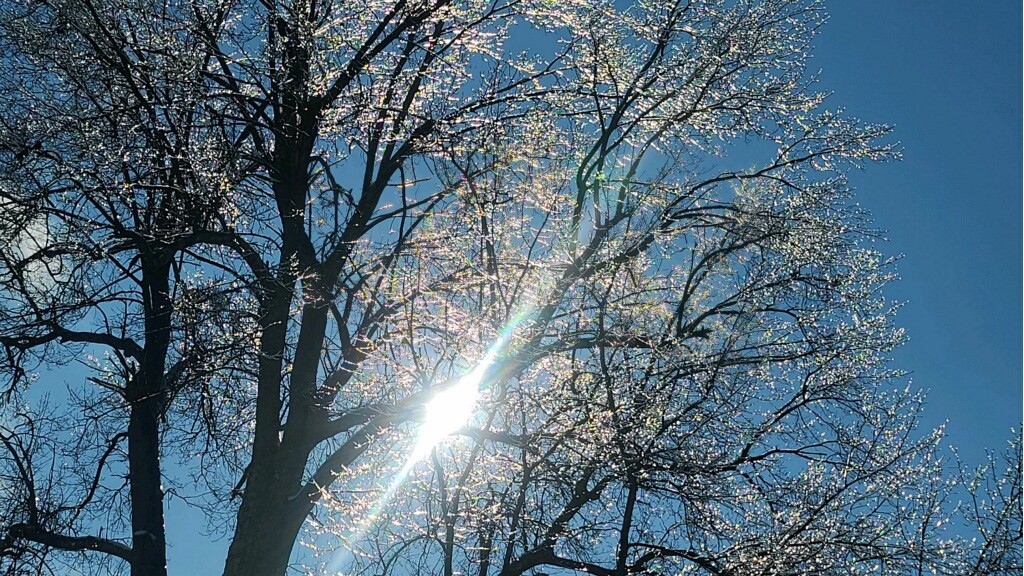
The Least Beautiful
Above me your handiwork declares your glory. The sky is frozen in blue and the birds are quiet. The ground is covered with snow and[…]
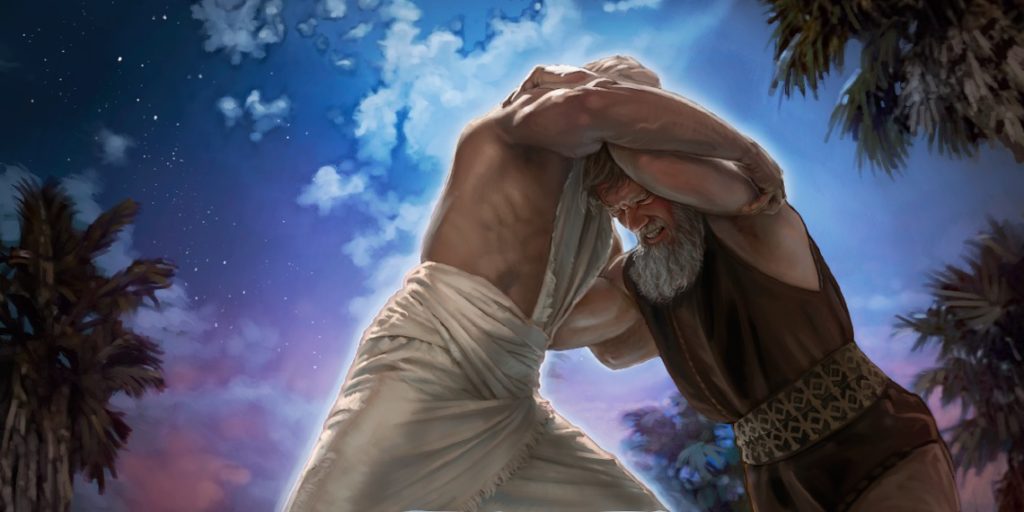
A Mystery to Me
Early in the morning, your light comes into my room and I know you are with me. You wake me from a deep sleep and[…]

Bringing Believers
I am so imperfect, it hurts Lord.At my weakest, you are my strength.At my most vulnerable times, the Lord protects me.When I’m doubting myself and[…]
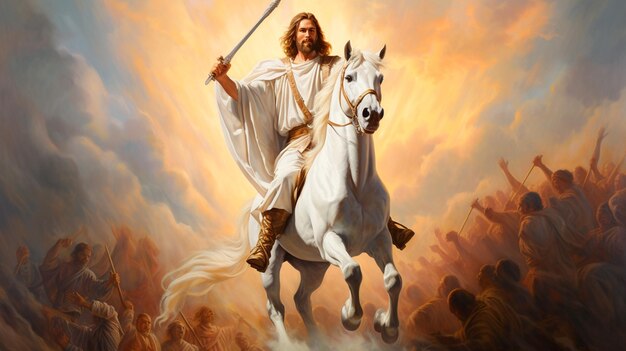
The One True King
At the end of scripture, the apostle John writes about the end of the world—the battle of Armageddon—between good and evil, the armies of the[…]
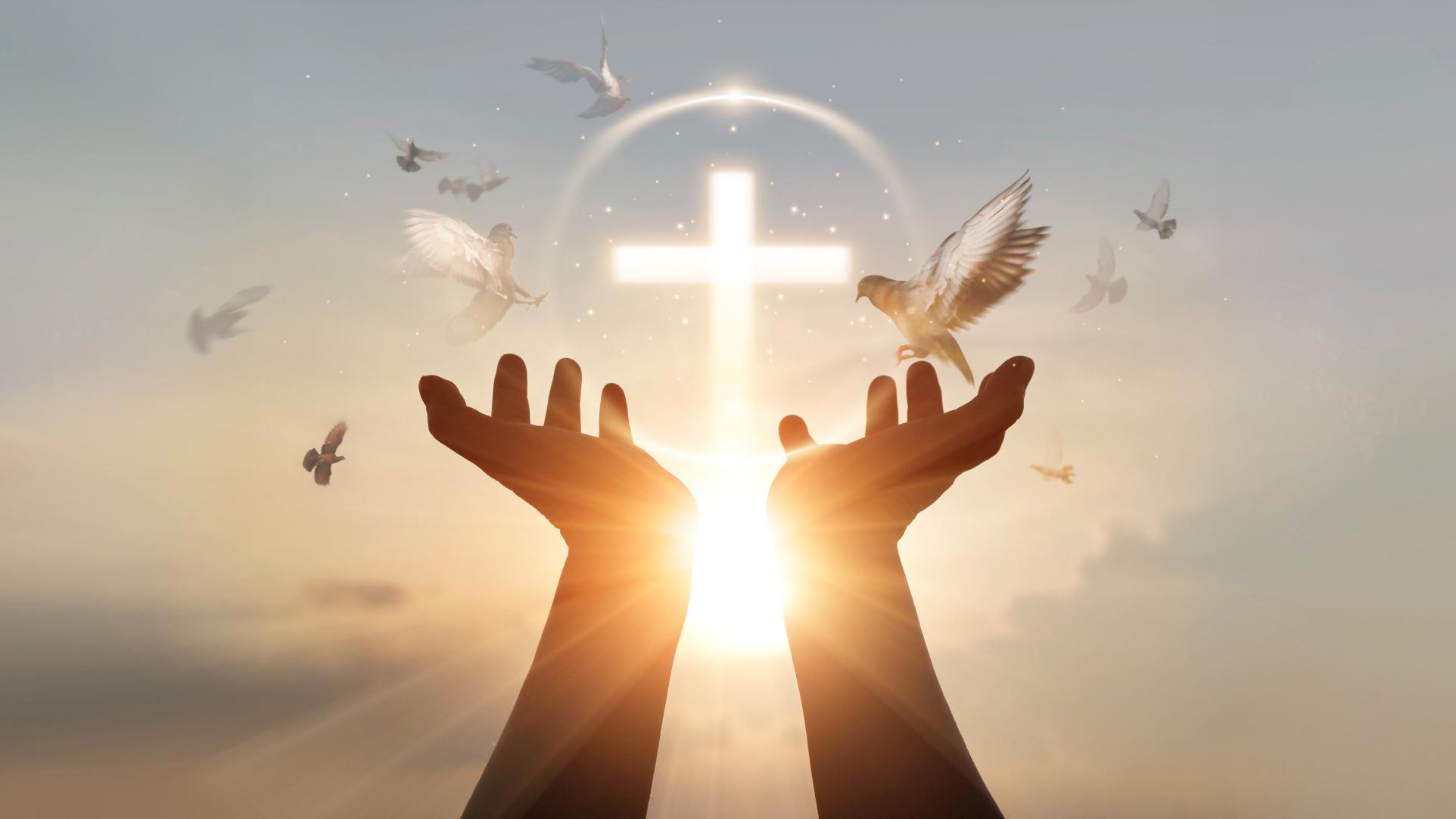
One Way to Love
There is only one way to love, and that is with everything. You cannot partially love something. If you go about dividing your love that[…]

Reshape Me
He made us. Flawed but loving. Misguided but well-intended. Sinful but wanting His perfection. How is it that we can’t seem to repent long enough[…]